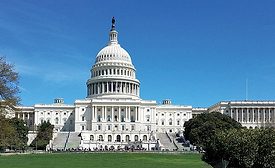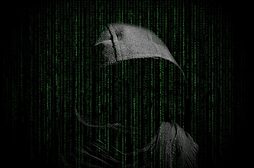Home » education & training
Articles Tagged with ''education & training''
Ensuring Physical Security of Lone Workers
Enterprises upgrade technology, equipment, training and policies to protect those on their own.
May 8, 2019
Sign-up to receive top management & result-driven techniques in the industry.
Join over 20,000+ industry leaders who receive our premium content.
SIGN UP TODAY!Copyright ©2024. All Rights Reserved BNP Media.
Design, CMS, Hosting & Web Development :: ePublishing











